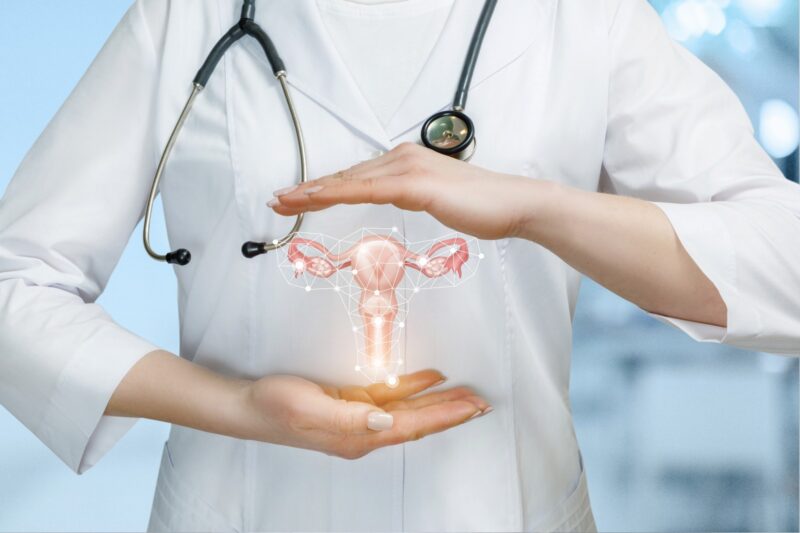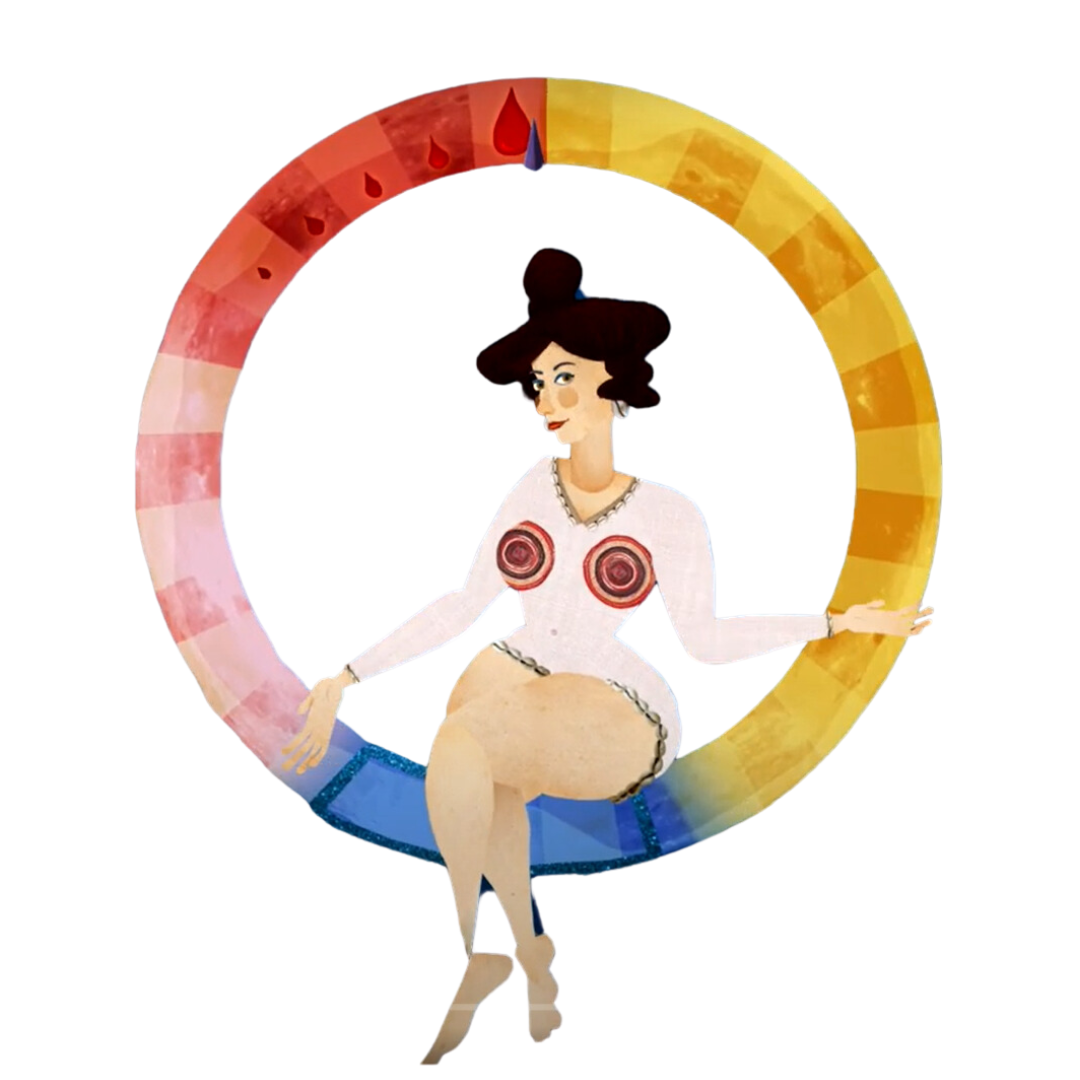Michal Schonbrun, MPH
May, 2025
Every female experiences “ovarian aging”, a process leading to both a decline in the quantity and quality of her eggs. It typically begins in the mid-30’s and typically ends before 50. We lose eggs every month, over many decades. By the time we reach our mid-to-late thirties, this depletion is accelerating.
It is not just egg quantity at stake. Egg quality also declines with age because of DNA damage and mitochondrial defects. This leads to higher risks of chromosomal abnormalities, reduced fertility and increased risk of miscarriage.
Some primary hormones are the culprit, produced by our brains and ovaries (estrogen, progesterone, FSH and LH). As egg reserves fall, hormone levels fluctuate and eventually drop. Perimenopausal changes can last 10-15 years. Eventually we reach the menopause (defined as the one day when our periods stop after 12 consecutive months), and then begin the next 30 years in the post-menopause. This time of life can be particularly stressful for females in their late thirties or early forties who are now ready for pregnancy.

National Geographic published a recent article about medical researchers trying to extend ovarian longevity so women will have more time and years to have children. They are investigating ways to preserve and lengthen ovarian function through surgical and pharmaceutical interventions.
This is what the new fertility frontier looks like:
In one intervention being studied, ovarian tissue is removed and frozen, then later reimplanted to see if menopause can be biologically delayed.
In another, an FDA-approved drug, rapamycin, is being given to 50 women in a clinical trial to see if egg depletion and ovarian aging can be slowed. Rapamycin is known for its anti-aging properties. It inhibits a protein involved in cellular aging and metabolism. It may reduce the number of eggs which are lost during each menstrual cycle.
Some biotech companies are developing therapies involving stem cells and drugs which might preserve or rejuvenate ovarian tissue. This could prove helpful for women experiencing premature ovarian insufficiency (POI).
These experiments are pushing the envelope about human biology and evolution. Is menopause even necessary or is just a byproduct of living longer? There are studies to support the idea that women who start menopause later, after age 55 (approximately 10% of women) have longer life spans and better health outcomes like reduced bone loss, heart disease, cognitive decline and dementia. Living longer into menopause confers other benefits (see Grandmother Hypothesis).
One cannot help but think that endeavors to extend our biological clocks ignore:
a) the epidemic of infertility in both females and males (1 in 5-6 couples) and
b) the ways in which health and fertility are being harmed and compromised by cultural values, poor diets and food quality, lifestyle and environmental factors.
Instead of providing young people better health and fertility education, financial resources and holistic tools to strengthen their health and fertility at younger ages, we will now use expensive and precious resources to develop technologies for helping women become mothers at fifty? It sounds like science-fiction, and the argument for space travel, in which ambitious billionaires are paving the way to colonize Mars and other planets once we “max-out” on Mother Earth. Is this the way forward?
Hi-tech goals for extending fertility may sound like a “gift” for older moms but we have to consider the implications and health risks: Pregnancies in older women are associated with gestational diabetes, hypertension, preterm birth, and chromosomal abnormalities. There may be cancer risks from prolonged hormone exposure and no one can know the long-term safety of such manipulations. What about older dads? In the pursuit of helping women, we might be paving a dangerous road to the future.
On a personal-social level, extending the biological clock and reducing pressure on women to have children earlier is a positive idea, but delaying parenthood also carries a price. Older parents have physical and health challenges when raising young children. The ripple effects of longer fertility windows will impact gender and power dynamics, life planning, and cultural expectations, like the age and timing for choosing a partner, establishing a household, family and more. For example, will extended fertility lead females to mate with younger males (because men typically die younger, on average)? Will scientists be keen to also find a way to slow the ageing process in males?
There are also ethical questions. Who will get to use these technologies and at what cost? Will these “advances” come at the cost of funding infertility and disease prevention? What happens to the long-term well-being of children born to older parents? How will fertility technologies be regulated? What does it mean to turn a natural stage of life (menopause) into a new medical condition that requires hi-tech treatment and management?
Extending fertility certainly empowers women with reproductive freedom—but it also brings complexity. It could reshape the human landscape, disrupt conventional life stages and challenge traditional gender norms. Such changes will compel society to rethink how relationships, careers, and family roles are negotiated and supported, both structurally and culturally. If these technologies bear fruit, it is entirely possible that we will see new forms of relationships, parenting arrangements and family structures. Maybe this is a good thing. We can view it as radical innovation or its opposite. Progress or regression. A step forward—or a leap too far? What do you think? Please leave your comments.
Accreditation recognized by The Association of Fertility Awareness Professionals

* All illustrated characters are taken from “The Monthly Cycle,” a short film by Ada Ramon and Ofek Shamir.
Quick Links
The information presented on the site is for educational purposes only and is not intended to replace medical advice from a qualified doctor or other health professional. For convenience, the information is written in the feminine form, but refers to anyone born with a uterus and ovaries, including those who do not identify as women
Contact Me
Join Our Newsletter